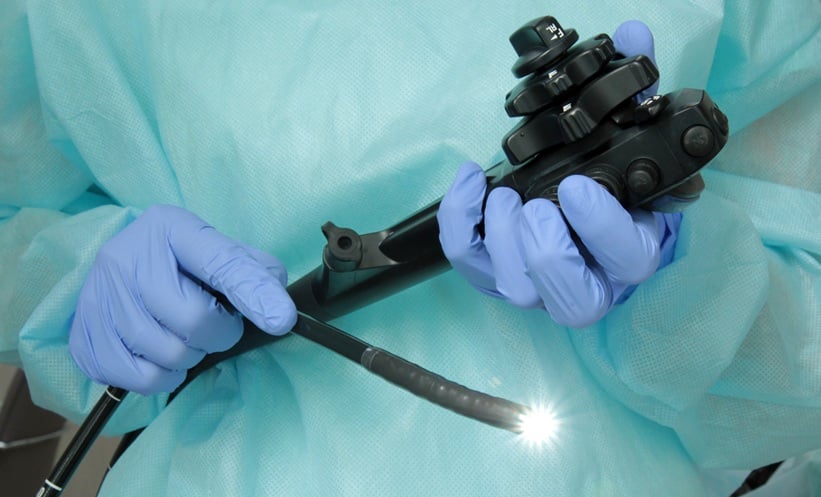A NEW study suggests that combining programmed death-1 (PD-1) inhibitors with chemotherapy could be an effective treatment option for patients with advanced gastric cancer.
The retrospective analysis included 43 patients treated with PD-1 inhibitors such as camrelizumab, sintilimab, or tislelizumab alongside chemotherapy. The results were encouraging: nearly 98% of patients achieved disease control, with 23.3% showing an objective response (one complete and nine partial responses).
The median progression-free survival (PFS) was 13.5 months, with cumulative PFS rates of 63.3% at one year and 19.8% at two years. However, poorer outcomes were linked to higher Eastern Cooperative Oncology Group (ECOG) performance scores and larger tumor sizes.
Adverse reactions were common but manageable. The most frequent side effects included decreased hemoglobin (76.7%), decreased white blood cells (74.4%), and decreased platelets (25.6%). Severe (grade 3) side effects were observed in a minority of cases, such as anemia (16.3%) and low white blood cells (7.0%).
The authors conclude that while PD-1 inhibitors combined with chemotherapy show significant clinical potential, larger, prospective studies are needed to validate the findings.
Reference
Cheng X et al. Efficacy and safety of programmed death-1 inhibitors combined with chemotherapy in patients with advanced gastric cancer. BMC Gastroenterol. 2025;DOI: 10.1186/s12876-025-04207-0.








